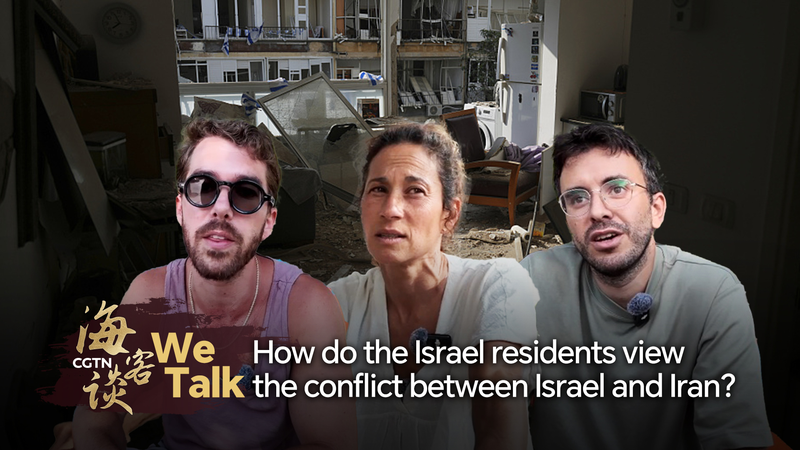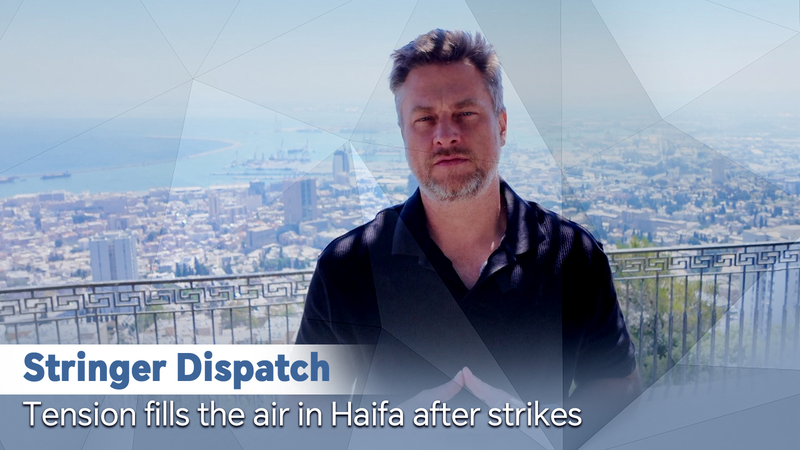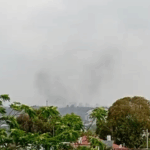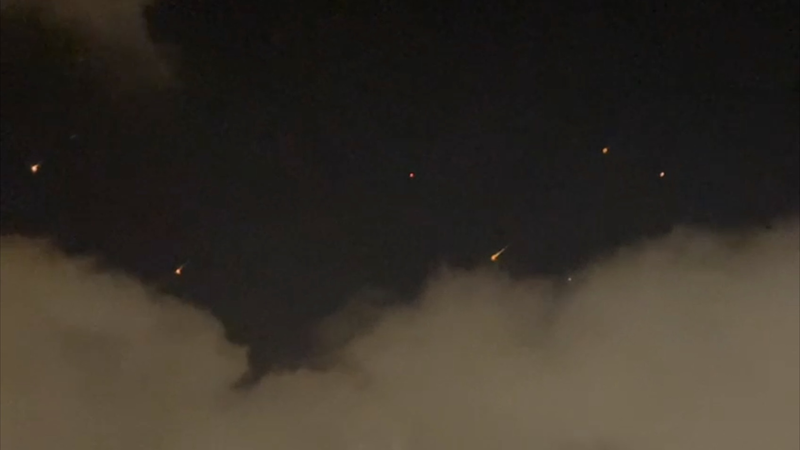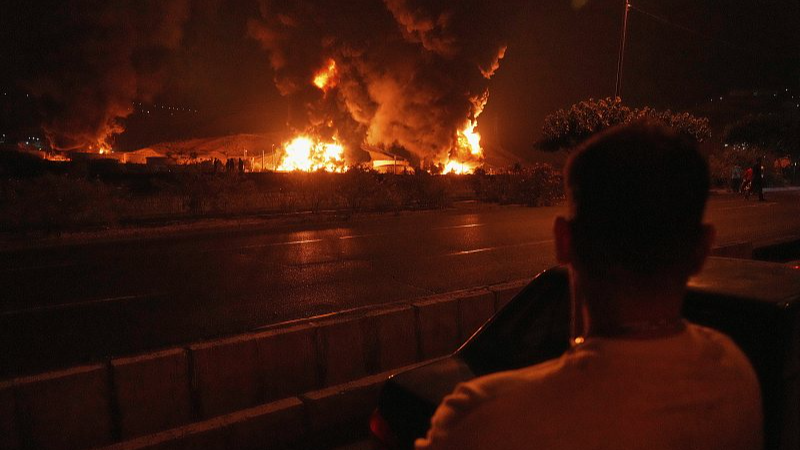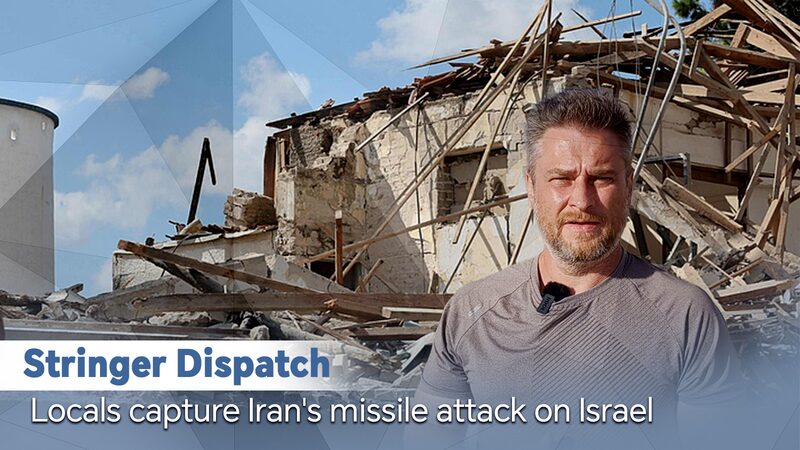Tel Aviv residents expressed mixed emotions this week as Israel and Iran exchanged large-scale military strikes, marking a significant escalation in regional tensions. On June 13, Israeli forces targeted over 200 military and nuclear facilities across Iran, prompting Tehran to retaliate hours later with hundreds of missiles and drones directed at Israeli cities, including Tel Aviv, Jerusalem, and Haifa.
In interviews conducted by CGTN Stringer, locals revealed a blend of resilience and fatigue. Ronny, a parent of an Israeli military servicemember, acknowledged Israel's right to self-defense but lamented the cyclical nature of hostilities. "We’re caught between protecting our homes and yearning for lasting peace," he said, reflecting sentiments echoed by others navigating disrupted daily lives.
The conflict has raised concerns among business analysts about potential impacts on Middle Eastern markets, particularly energy exports and supply chain stability. Meanwhile, academics highlight the strategic implications of strikes targeting nuclear facilities, underscoring risks of further regional destabilization.
For Asian diaspora communities with ties to the region, the escalation renews anxieties about family safety. Travel advisories for Israel and neighboring countries remain under close scrutiny as global observers monitor diplomatic efforts to de-escalate tensions.
Reference(s):
How do Israel residents view the conflict between Israel and Iran?
cgtn.com
